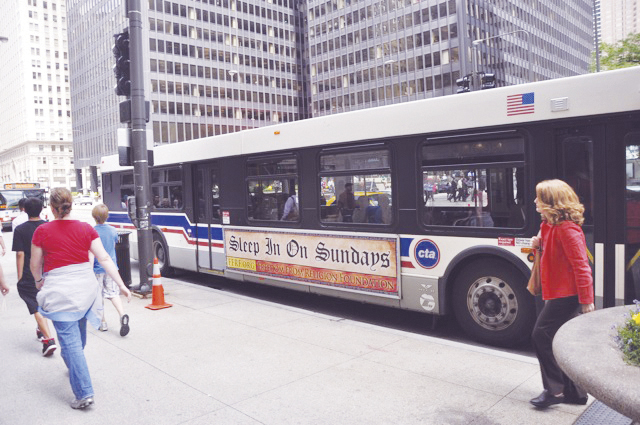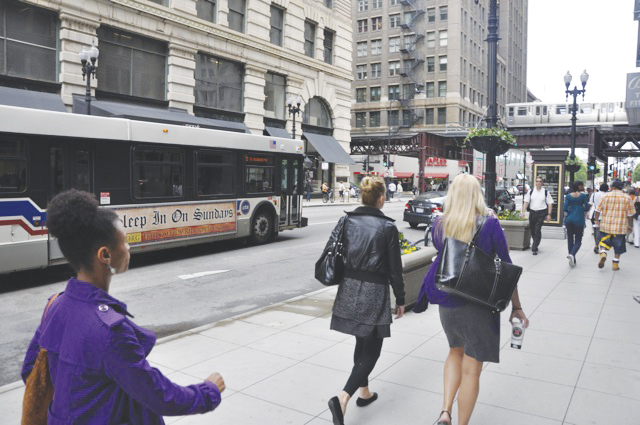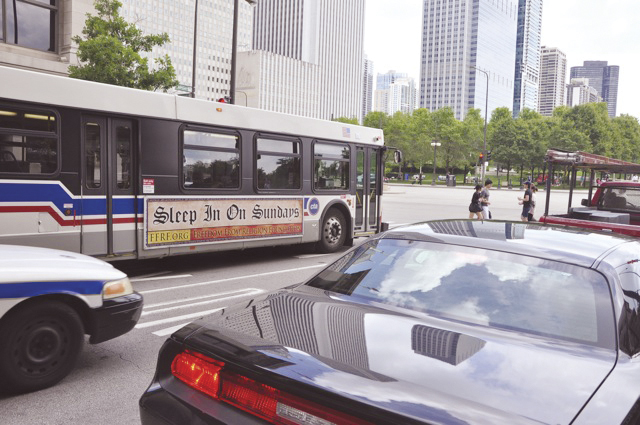


The Freedom From Religion Foundation’s “parish exemption” lawsuit cleared a significant hurdle May 21 when a federal judge in Sacramento, Calif., firmly turned back the Obama administration’s attempt to dismiss FFRF’s historic challenge of Section 107 of the Internal Revenue Code.
Section 107 says that “In the case of a minister of the gospel,” gross taxable income does not include the rental value of a home furnished as part of compensation or, notably, the housing allowance paid as part of compensation. Exempt under IRS readings of the 1952 law are furnishings, cost of utilities, garage and such “appurtenances” as swimming pools and home improvements.
U.S. District Judge William Shubb ruled that “plaintiffs have alleged sufficient facts which, if accepted as true, ‘leave open the possibility’ that an objective observer would determine that Section 107 goes too far in aiding and subsidizing religion by providing ministers and churches with tangible financial benefits not allowed secular employers and employees.”
The Foundation and 21 of its Sacramento-area members are suing U.S. Treasury Secretary Timothy Geithner, IRS Commissioner Douglas Shulman and California Franchise Tax Board Director Selvi Stanislaus. The lawsuit was filed in October 2009. Representing the Foundation is attorney Richard L. Bolton, with Michael Newdow, of Sacramento, serving as local counsel.
“We call it our sleeper lawsuit,” said Foundation Co-President Dan Barker, a former minister who himself once took advantage of the exemptions which favor only “ministers of the gospel.”
Barker added: “We are confident that this 1952 law is unconstitutional, and that most Americans have no idea of the unfair privileges Congress grants ministers, and how these privileges are abused.”
Significantly, Shubb’s 28-page ruling upholds the standing of FFRF and its members to challenge the congressional act. Shubb ruled that the plaintiffs’ allegation that the law has the unconstitutional effect of advancing religion is strong enough for the case to proceed. Shubb noted that the Supreme Court has recognized that tax exemptions and deductions provide real benefits to religion comparable to direct grants that can run afoul of the Establishment Clause. “In essence,” he wrote, “Section 107 provides a blanket exemption from taxable income for ministers’ housing that is not available to similarly situated secular employees.”
Shubb dropped FFRF’s claim that a related part of the IRS code, IRC Section 265(a)(6), “impermissibly lets ministers ‘double dip’ in that they can receive a housing allowance tax-free under Section 107, use that allowance to purchase a home, and receive another tax deduction under Section 265(a)(6) for the interest paid on the mortgage.” Shubb said the purpose is clearly to encourage ministers to purchase a home, which is “a permissible secular purpose and effect.”
Annie Laurie Gaylor, Foundation co-president, said, “If FFRF wins on the merits of our challenge of Section 107, as we expect to, that will moot the violation in Section 265(a)(6) anyway. We are very pleased with this strong ruling and that our case will proceed.”
Shubb dismissed one claim against Stanislaus, saying FFRF could not continue its claims against her under the California Constitution. But FFRF’s allegations that the parts of the California Revenue and Taxation Code which incorporate Section 107 substantially violate the federal Establishment Clause of the First Amendment of the Constitution may continue.
In an earlier memorandum and order signed Dec. 1, 2009, Shubb denied a request to intervene by Pastor Michael Rodgers and 100 local “Doe” ministers.
